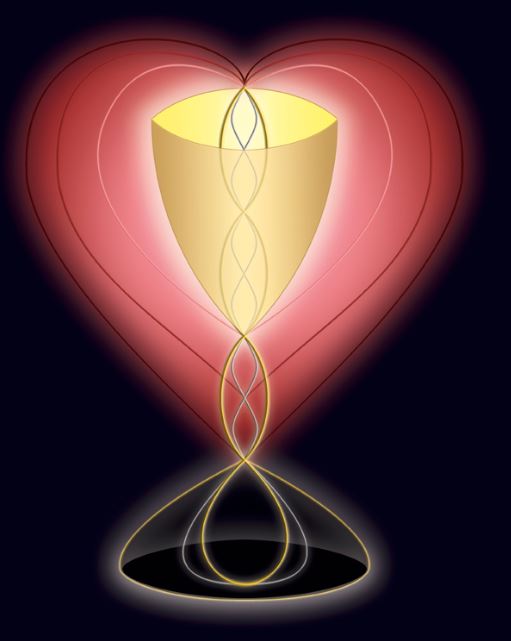Lost Christianity
In Jacob Needleman’s book, “Lost Christianity”, he emphasizes there is significant, immediate need for a new understanding of man-kind in relationship with God. We need an understanding of God aligned with Quantum Physics while offering vital and impact-full Holy Communion for the hungry heart. And we need an understanding of man-kind that looks squarely at our criminal will in the mirror while holding out for the inspiration to become a Divinely Human Being – both for ourselves and as instruments of a higher purpose and power.
At the heart of the Judeo/ Christian contemplative tradition there exists, and has always existed, just such a vision of both God and man-kind. Needleman frames this as “Lost Christianity”; not because we have lost spiritual doctrines or practices from ancient sources, but something even more fundamental, “without which religious ideas and practices lose their meaning and all too easily become the instruments of ignorance, fear, and hatred.” What is lost is the authentic experience of oneself. Yes, you, right here, right now. The one who is living, breathing, yearning for goodness and meaning. The one who can confront their very own human weakness and pretension while humbly, tentatively aware of a vague, higher longing from within.
This presence to oneself is the missing element for man-kind today; it can fill the gap in consciousness between what we are meant to be and what we actually are. It is, in fact, a bridge that can lead us from our inhuman past toward the potential for a much more human future.
In the words and writing of great Christians over the centuries, one may begin to discern the outlines of this vision in the teaching of the soul. Unfortunately, a great majority of modern- day people can no longer perceive this vision, let alone hear its message. People no longer understand that words like “humility,” purity of heart,” and “contrition” require individual, existential struggle for what early Desert Fathers called “attention in oneself.” On the contrary, it is assumed that these qualities of character can be ours in the distracted and dispersed state of being that is more and more characteristic of life in the contemporary world.
The result is a self-deception which masks, and perhaps even intensifies, our weaknesses and which inevitably leads to the disillusionment with religious ideals that has been one of the hallmarks of the modern, secular worldview. Of course, the modernist attempt to establish ethical life without religion also ignores the same lost element in human life that has been forgotten in the conventional understanding of religion.
Whether it is conventional religion or secular humanism, or any other modern program of morality and inner human betterment, the question remains: Can there be any hope of our becoming what we are meant to be without first becoming fully and deeply aware of what we in fact are, here, now, in this moment of our lives? Whether religious or not, is there any hope for man-kind that has lost the capacity, or forgotten the need, to know themselves and to be alive and present as possible.
The great ideals of Christianity, Judaism and Islam (soul-based religions) continue to offer hope and comfort to the world; as do the ideals of humanistic morality with its passionate commitment to justice and human rights. Yet we cannot help but see that now, as ever, something is missing, something has been forgotten about ourselves and in ourselves. Our children see it as clearly as we sometimes do; more clearly! The words of Saint Paul never sounded more distinctly than they do now in the lengthening shadow of our civilization:
For the good that I would I do not; but the evil which I would not, that I do . . . who shall deliver me from the body of this death?
– Romans 7
